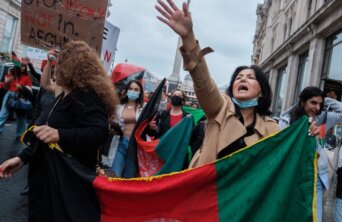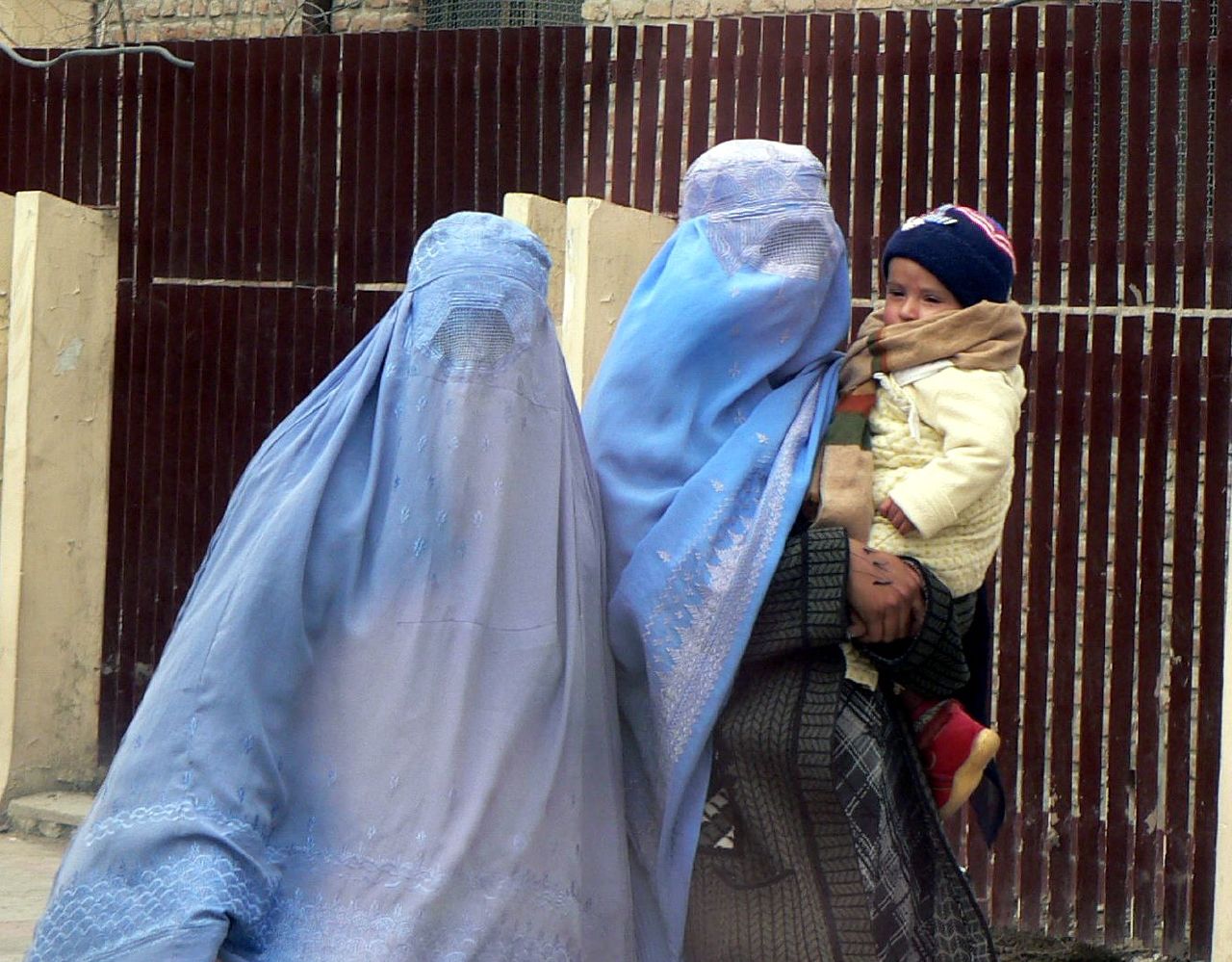- About
- Topics
- Picks
- Audio
- Story
- In-Depth
- Opinion
- News
- Donate
- Signup for our newsletterOur Editors' Best Picks.Send
Read, Debate: Engage.
| topic: | Human Rights |
|---|---|
| located: | Afghanistan |
| editor: | Shadi Khan Saif |
The UN Assistance Mission in Afghanistan (UNAMA) has held the Taliban's de facto authority responsible for at least 800 extrajudicial killings of former government and armed forces affiliates. UNAMA's latest report, published on 22 August, confirms the widespread persecution.
Despite calling a 'general amnesty' for former government officials and former members of the Afghan National Defense and Security Forces (ANDSF), the report identifies at least 800 instances of extrajudicial killing, arbitrary arrest and detention, torture, ill-treatment and enforced disappearance between when the Taliban assumed power in Kabul on 15 August 2021 and 30 June 2023.
The UN High Commissioner for Human Rights, Volker Türk, described the findings as a "sobering picture of the treatment of individuals affiliated with Afghanistan's former government and security forces.
As dozens of local journalists and human rights defenders remain under custody in Afghanistan, the 800 cases on record came from informants inside the country who put their trust in the UN to protect their identity amid strict control by the Taliban over the local media.
Without the cooperation of credible officials inside Afghanistan, the Taliban could have easily discarded such charges.
A Taliban spokesman, Zabihullah Mujahid, commented on the report: "Unfortunately, instead of understanding the realities of Afghanistan and seeing positive developments, some departments in the framework of the United Nations always look for negative points and try to spread propaganda, thereby first of all, their credibility is damaged."
The international community must urgently revisit its longstanding policy that abandoned Afghanistan under the Taliban. Reduced Western presence in Afghanistan hurts those who need support.
Unchecked power, such as that of the Taliban in Afghanistan, maximises the chances of human rights abuses and violations.
Kudos to the UN for refusing to recognise the Taliban's authority until it meets the organisation's fundamental values, such as equal rights for women, and encouraging others to return and revive the culture of accountability and justice instead.
Image by Ehimetalor Akhere Unuabona.

